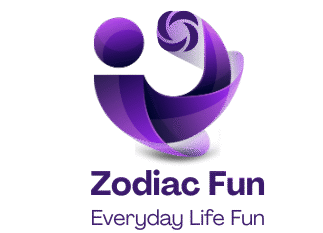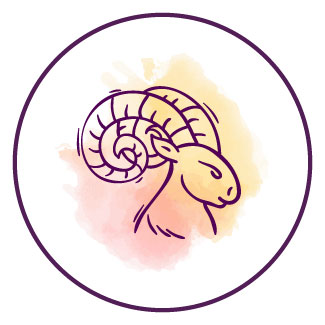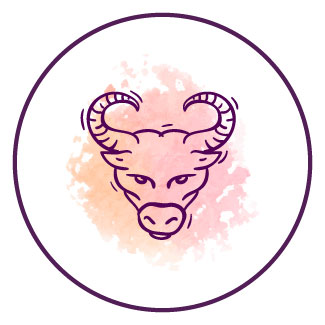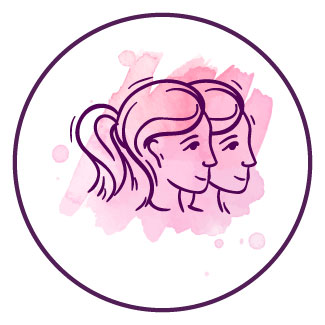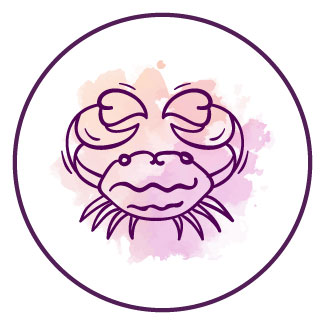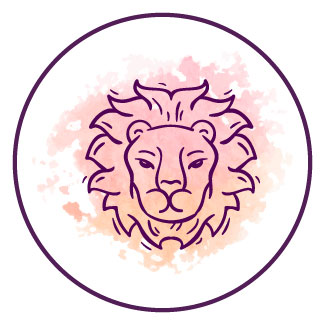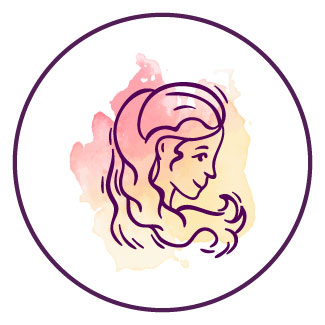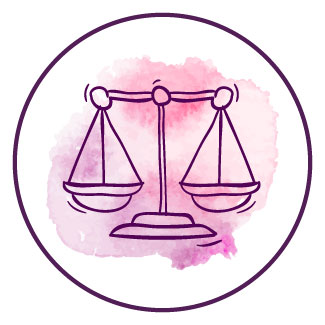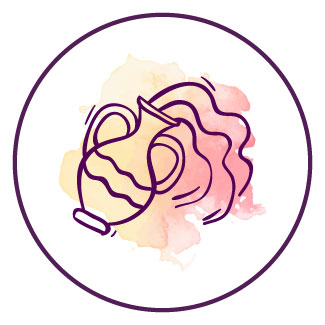How Accurate Are Zodiac Signs?
The precision percentage of zodiac signs in describing a person’s characteristics is not 100% . In fact, astrology is far from being an exact science, and its accuracy is more subjective and symbolic than precise or definitive The accuracy of zodiac signs varies depending on how you approach them:
- Broad Strokes (30-50% Accuracy)
- If you look at your sun sign alone, the accuracy might be around 30-50% . Some traits will feel spot-on, while others won’t resonate at all.
- For example, if you’re a Taurus, you might relate to being grounded and practical, but you might not identify with being stubborn.
- Full Birth Chart (60-80% Accuracy)
- When you consider your full birth chart (sun, moon, rising signs, and planetary placements), the accuracy increases to 60-80% for many people. This is because a birth chart provides a more detailed and nuanced picture of your personality.
- For instance, a Gemini sun with a Scorpio moon might feel torn between their intellectual curiosity (Gemini) and their intense emotions (Scorpio).
- Subjective Experience
- The perceived accuracy of astrology often depends on how much you resonate with its descriptions. Some people find it incredibly insightful, while others see it as vague or coincidental.
If we were to assign a hypothetical precision percentage to zodiac signs:
- Sun Sign Alone : ~30-50% accurate.
- Full Birth Chart : ~60-80% accurate (depending on interpretation and resonance).
- Exact Science : 0%, since astrology isn’t scientifically validated.
The key is to view astrology as a guiding framework rather than an absolute truth. It’s a lens through which you can explore your personality and relationships, but it shouldn’t replace critical thinking or self-awareness.
Why Zodiac Signs Aren’t 100% Precise
Science seeks objective truths through evidence and experimentation. Astrology offers subjective insights through symbolism and tradition.
- Astrology is Symbolic, Not Scientific
- Astrology operates on symbolism and archetypes rather than empirical evidence. While it provides a framework for understanding personality traits, emotions, and life patterns, it doesn’t have the rigorous testing or measurable outcomes that define scientific disciplines.
- For example, saying “Cancers are nurturing” is a generalization based on the archetype of Cancer as a water sign associated with emotions and care. But not every Cancer will embody this trait to the same degree.
- Human Nature is Too Complex
- A zodiac sign only reflects one aspect of your identity—the position of the sun at the time of your birth. However, your full astrological profile (your birth chart ) includes many other factors:
- Moon sign : Your emotional inner world.
- Rising sign : How you present yourself to others.
- Planetary placements : The positions of Mercury (communication), Venus (love), Mars (drive), etc.
- Even with all these factors considered, astrology still can’t account for the infinite variables that shape who you are, such as your upbringing, culture, personal choices, and life experiences.
- A zodiac sign only reflects one aspect of your identity—the position of the sun at the time of your birth. However, your full astrological profile (your birth chart ) includes many other factors:
- Generalizations and Overlaps
- Zodiac descriptions often use broad, universal language that can apply to many people. For instance:
- “You’re a natural leader” might resonate with a Leo, but it could also describe an Aries or Capricorn.
- “You’re empathetic and caring” might fit a Cancer, but it could also describe a Pisces or Libra.
- These overlaps mean that zodiac traits aren’t exclusive to one sign, reducing their precision.
- Zodiac descriptions often use broad, universal language that can apply to many people. For instance:
- Free Will and Personal Growth
- Astrology suggests tendencies or potentials, but humans have free will . You can choose to act against your “natural” tendencies or grow beyond them. For example:
- A typically shy Virgo might work on becoming more outgoing and confident.
- An impulsive Aries might learn patience through life experiences.
- This ability to evolve means that your zodiac sign doesn’t lock you into a fixed personality.
- Astrology suggests tendencies or potentials, but humans have free will . You can choose to act against your “natural” tendencies or grow beyond them. For example:
- Cultural and Interpretive Differences
- Different astrological traditions (e.g., Western astrology, Vedic astrology, Chinese zodiac) interpret celestial influences differently. What one system says about your personality might not align with another, which highlights the subjective nature of astrology.
Why People Still Find Value in Zodiac Signs
Even though zodiac signs aren’t 100% precise, they offer value in other ways:
- Self-Reflection
- Zodiac signs encourage you to think about your strengths, weaknesses, and tendencies. They can serve as a mirror for self-discovery.
- Connection and Communication
- Zodiac compatibility can help explain why you click with certain people or struggle with others. It’s not a rulebook, but it can foster empathy and understanding.
- Fun and Exploration
- Many people enjoy astrology as a playful way to explore personality traits, relationships, and life patterns. It’s not meant to be taken too seriously but rather as a tool for curiosity and creativity.
Why Zodiac Signs Aren’t an Exact Match
- Human Complexity
- Each person is shaped by a combination of factors like genetics, upbringing, environment, culture, personal experiences, and free will. A zodiac sign only reflects one aspect of your identity—the position of celestial bodies at the time of your birth—but it doesn’t account for everything else that makes you you .
- Multiple Layers in Astrology
- Your sun sign (the zodiac sign most people know) represents your core essence or ego, but astrology also considers other elements like:
- Moon sign : Represents your emotions and inner world.
- Rising sign (Ascendant) : Reflects how you present yourself to the world.
- Planetary placements : The positions of Mercury, Venus, Mars, etc., add layers to your personality.
- For example, someone might be a fiery Aries sun sign but have a sensitive Cancer moon, which could balance their boldness with emotional depth.
- Your sun sign (the zodiac sign most people know) represents your core essence or ego, but astrology also considers other elements like:
- Generalizations
- Zodiac descriptions are often broad and generalized. For instance, saying “Leos are confident” applies to many Leos, but not all Leos will embody that trait to the same degree. Some might be shy or introverted despite being born under the Leo sign.
- Free Will and Growth
- Astrology suggests tendencies, but it doesn’t dictate your choices or future. People grow, change, and evolve over time based on their experiences and decisions. For example, a naturally impulsive Aries might learn patience through life lessons, even though impulsiveness is a classic Aries trait.
What Can You Do Next?
If you’re interested in exploring astrology further, here are some ideas:
- Calculate Your Full Birth Chart : Use free online tools like Astro.com to generate your chart and see how your moon, rising, and planetary placements influence your personality.
- Experiment with Compatibility : Look up how your sign interacts with others’ signs to gain insights into relationships.
- Keep an Open Mind : Enjoy astrology as a fun and symbolic tool, but don’t let it limit your perception of yourself or others.
Find Your Child’s Zodiac Traits Now












